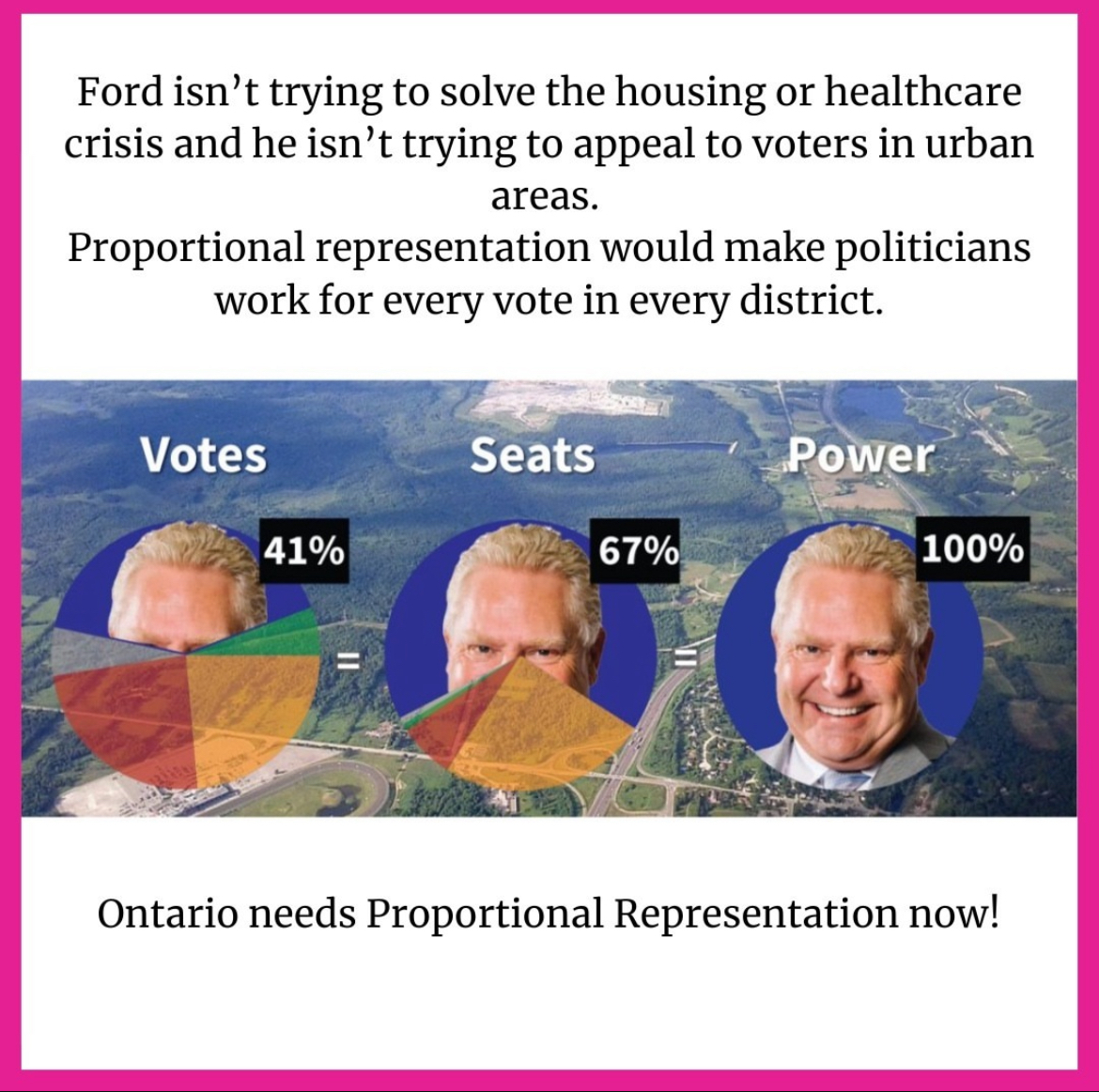Ontario
2192 readers
1 users here now
A place to discuss all the news and events taking place in the province of Ontario, Canada.
Rules
- No bigotry - including racism, sexism, ableism, homophobia, transphobia, or xenophobia.
- Be respectful, especially when disagreeing. Everyone should feel welcome here.
- No porn.
- No Ads / Spamming.
founded 3 years ago
MODERATORS
1
2
3
4
7
8
9
10
11
12
13
14
15
1
5 Doug Ford Policies That Might Not Have Passed if Ontario Had PR - Fair Vote Toronto
(www.fairvotetoronto.ca)
16
1
Are we supposed to pretend Doug Ford’s $200 ‘rebate’ isn’t a pre-election bribe?
(www.theglobeandmail.com)
17
18
1
City of Toronto to 'limit activity' downtown during Taylor Swift shows in November
(toronto.citynews.ca)
19
20
1
'Error in judgment': Province probes Ont. school board's $45K Italy trip for $100K of art
(toronto.ctvnews.ca)
21
22
23
24
25
view more: next ›

